Photo credits: Library of Congress
One of America’s oldest institutions of animal conservancy finally issued an apology for racial dehumanization in a public relations gesture, which meant far too little and came far too late.
This past Wednesday (July 29), the Wildlife Conservation Society (WCS) released an official statement of apology via its website. The WCS’s apology was given over a racist incident that occurred at the Bronx Zoo 114 years ago. The WCS administrates the Bronx Zoo. The organization’s recent statement of apology was attributed to Cristián Samper, the WCS’s President and CEO.
Over the course of a full week in 1906, the Bronx Zoo dehumanized a man from Central Africa named Ota Benga (pictured). Benga was a member of the Central African Mbuti tribe and was born in what is known today as the Democratic Republic of Congo. In September 1906, Benga was held for several days in the Bronx Zoo’s Monkey House where he was publicly displayed with an orangutan.
He was locked in an iron cage and displayed along with the animal as countless patrons watched his dehumanization. Author Pamela Newkirk wrote about Benga’s dreadful experience in a book titled Spectacle: The Astonishing Life of Ota Benga. In this book, Newkirk described the conditions Benga was subjected to at the Bronx Zoo.
“He would only have short periods of time outside. After a week, Benga started to resist and threaten attendants, which contributed to his release,” she wrote in an opinion-editorial for CNN.
When local black ministers in New York City found out about Benga’s captivity at the Bronx Zoo, they began to vociferously speak out against his humiliation at the hands of racists. As a result, the Bronx Zoo’s administration conceded to public pressure, and Benga was set free. A minister named James Gordon ended up taking Benga in at an orphanage the clergyman managed in Brooklyn, New York.
However, Benga was never able to return to his Central African homeland. He committed suicide 10 years after being taken in at the Brooklyn orphanage.
More archives and records related to Benga’s life story can be found here.






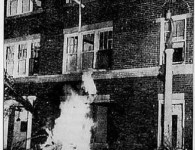
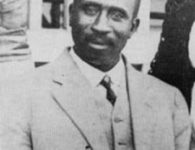

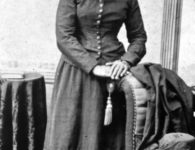

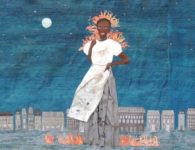


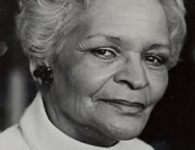


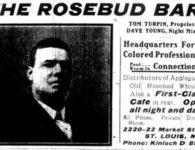
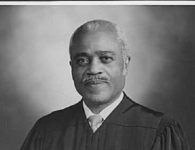


No comments